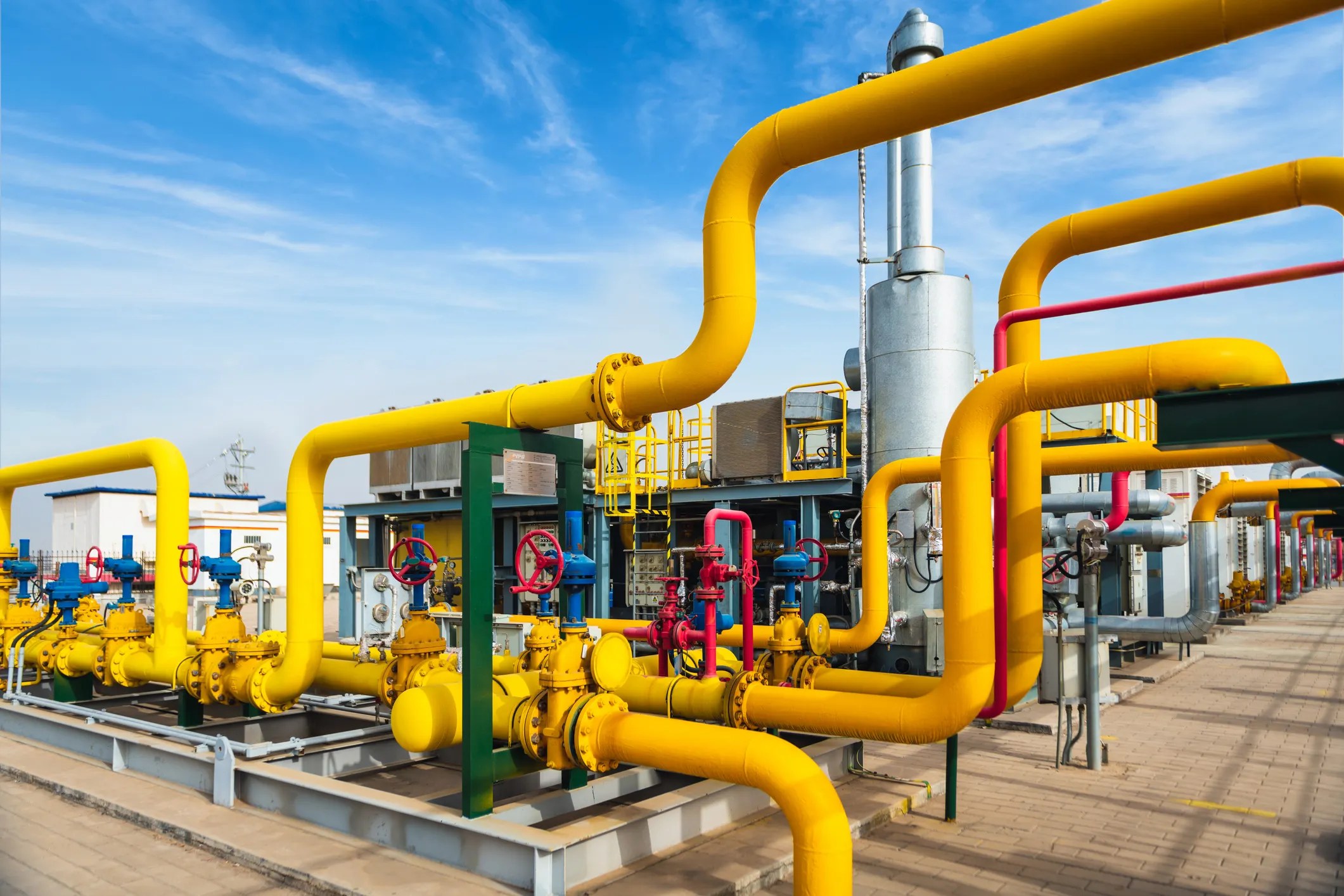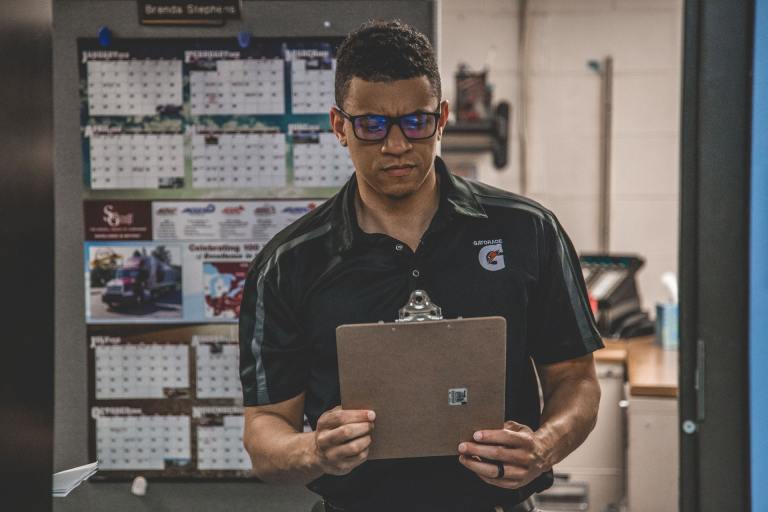Valves in the Petrochemical Industry

The petroleum industry is massive, and its applications are not limited to just the production of oil and gas. Petrochemical plants make so many products, including plastics, dyes, food additives, detergent, sneakers, and additional petrochemicals that are derived from either oil, natural gas, coal, or other sources. The petrochemical industry makes use of extreme temperatures and pressures to produce different materials, an accomplishment that requires sophisticated engineering. Essential to the operations of petrochemical plants are the valves that control material fluids.
Valves need to regulate fluids in a piping system without unintended exits from the system. Hundreds of millions of years ago, the matter that now comprises all petrochemicals was found in living plants and animals. Throughout the long-term passage of time, from exposure to processes of high pressure and temperature, this organic matter has turned into fossil fuels. Tucked away in the Earth until we extract them, materials used in the petrochemical industry can be hazardous to the surrounding environment and the people interacting with that environment. No matter what type of valve is used, it is essential that it does not leak materials from the petrochemical plant.
In addition to ensuring the safety of that outside the petrochemical plant, it is necessary to protect the personnel from any hazards that arise from working with petrochemicals. Many guidelines cover this, but in terms of valves, preventing leakage is critical. Additionally, many chemical explosions on petrochemical sites can be prevented from the security of automatic shut off valves. However, these explosions are not just hazardous to the people in the plant but can also harm surrounding areas, as seen with the Deepwater Horizon Oil Spill, which was caused by a failed safety valve.
As we discussed in our previous post on valves, knife gate valves, due to their sharp gates that can cut through very thick fluids, are often used to regulate petroleum and crude oil. However, since these can only handle a certain level of pressure, other gate valves are used in the petrochemical industry as well. Slide gate valves, making use of a plate that actuates between two, compression-loaded, hard polymer plates, prevents dry bulk material and the conveying air from escaping through the valve.
Globe valves, despite their slightly higher pressure drops than gate valves and related straight-through valves, are also common in the petrochemical industry, serving several different applications. Even though they cannot be used for more viscous liquids, globe valves are very ideal for regulating fuel and other toxic fluid systems in addition to cooling water systems and other fluids that do not require intense leakage precautions.
Standards for valves used in the petrochemical industry, just as those used in many other industries, are written and published by the Manufacturers Standardization Society (MSS) of the Valve and Fittings Industry, an ANSI-accredited standards-developing organization.






